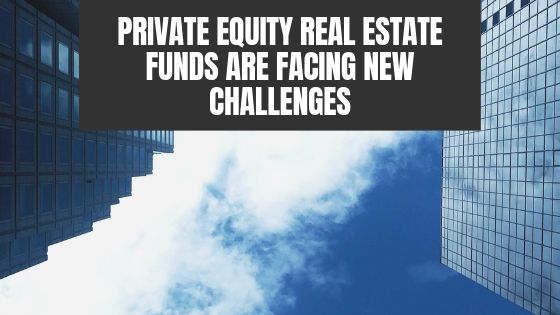Recently, private equity real estate fund managers have begun to prepare for more pressure in the future. In the past few years, they’ve enjoyed plenty of fundraising opportunities, but it seems as though that trend may change. Record high levels of assets are being managed in these funds, but managers may soon need to lower their expectations for yields due to asset pricing peaking and lower returns on investments.
State of the industry
In June 2018, $900 billion of assets were being managed in the private equity real estate industry. Records have also been set on how many of these funds are raising capital. However, there are some challenges on the road ahead such as a potential market correction and high asset pricing. It appears that growth is really starting to slow, even as property values rise above their previous highs. These challenges by no means show that the industry is going to collapse, but it does indicate that fund managers need to use caution moving forward.
History of industry
Getting to this high point was possible because many funds made it through the market recovery and excelled. However, managers can no longer enjoy the same value appreciation they did previously. There are still opportunities, such as in the secondary and middle markets, but even these are not as rich as they once were.
Fund flexibility
These challenges are to be expected in a market like real estate once values come close to reaching their peaks. As funds begin to see the trend of growth slowing, managers are looking for ways to change their strategies and still achieve a decent return. For some funds, like the Integrated Capital Management (ICM), there’s more room for flexibility, which allows it to invest in different property types and helps protect them from some of the issues other funds are having. ICM uses more diversified strategies in their investments.
Investor satisfaction
While there are certainly challenges in the future, investor satisfaction in real estate is still fairly high. Not all fund managers are lowering their targeted returns or feelings as much pressure as some funds do. There are still lots of opportunities for funds and the pressure is building slowly; it doesn’t seem that there will be a large fall-off too quickly.
When it comes to real estate, investors feel pretty satisfied, especially compared to other investment areas. Only about 10 percent of investors felt that their portfolio was below what they expected it to be. The rest of investors feel that their portfolios met or exceeded their expectations.
